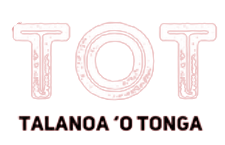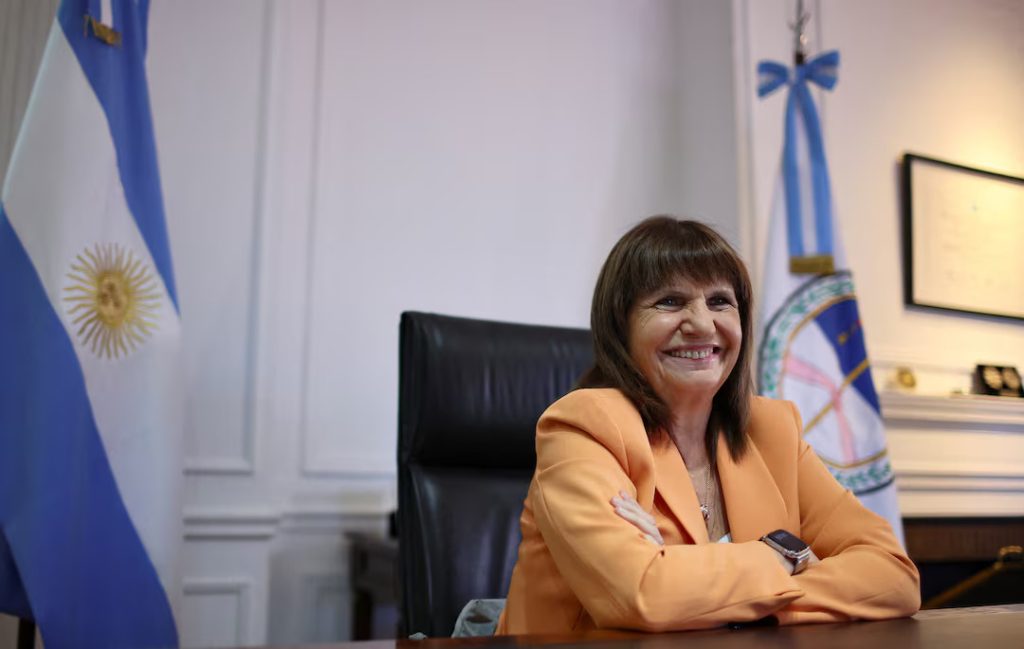Argentina’s Security Minister, Patricia Bullrich, reports significant progress in the nation’s battle against drug trafficking and related violence. Under President Javier Milei’s administration, the government has intensified efforts to dismantle drug gangs and intercept cocaine shipments destined for Europe.
“We’ve had record cocaine seizures and that’s generated great respect for us regionally and also in Europe,” Bullrich stated. She emphasized that in 2024, no cocaine shipments from Argentina were detected in Europe, though she acknowledged the possibility of undetected cases.
Argentina has become a key transit point for cocaine produced in Peru and Bolivia, with routes flowing through river ports like Rosario. This surge has been accompanied by increased gang-related murders. However, in Rosario, homicides dropped to 90 last year—the lowest in a decade and a significant decrease from nearly 300 in 2022.
The government’s strategy includes tightening borders with Brazil and Bolivia, privatizing certain prisons, and employing artificial intelligence to monitor gangs. Bullrich highlighted the importance of national and regional cooperation, as well as a more stringent judicial approach. “We decided to hit hard against the gangs,” she said.
Additionally, the administration is proposing a new anti-mafia law, similar to the U.S. RICO legislation, to dismantle criminal networks. Bullrich has also sought insights from security forces in Britain and Italy.
Reflecting on past political differences with President Milei, Bullrich noted that they have moved beyond them. She now supports his broader economic and social reforms, stating, “We’re more libertarian than conservative now.”




